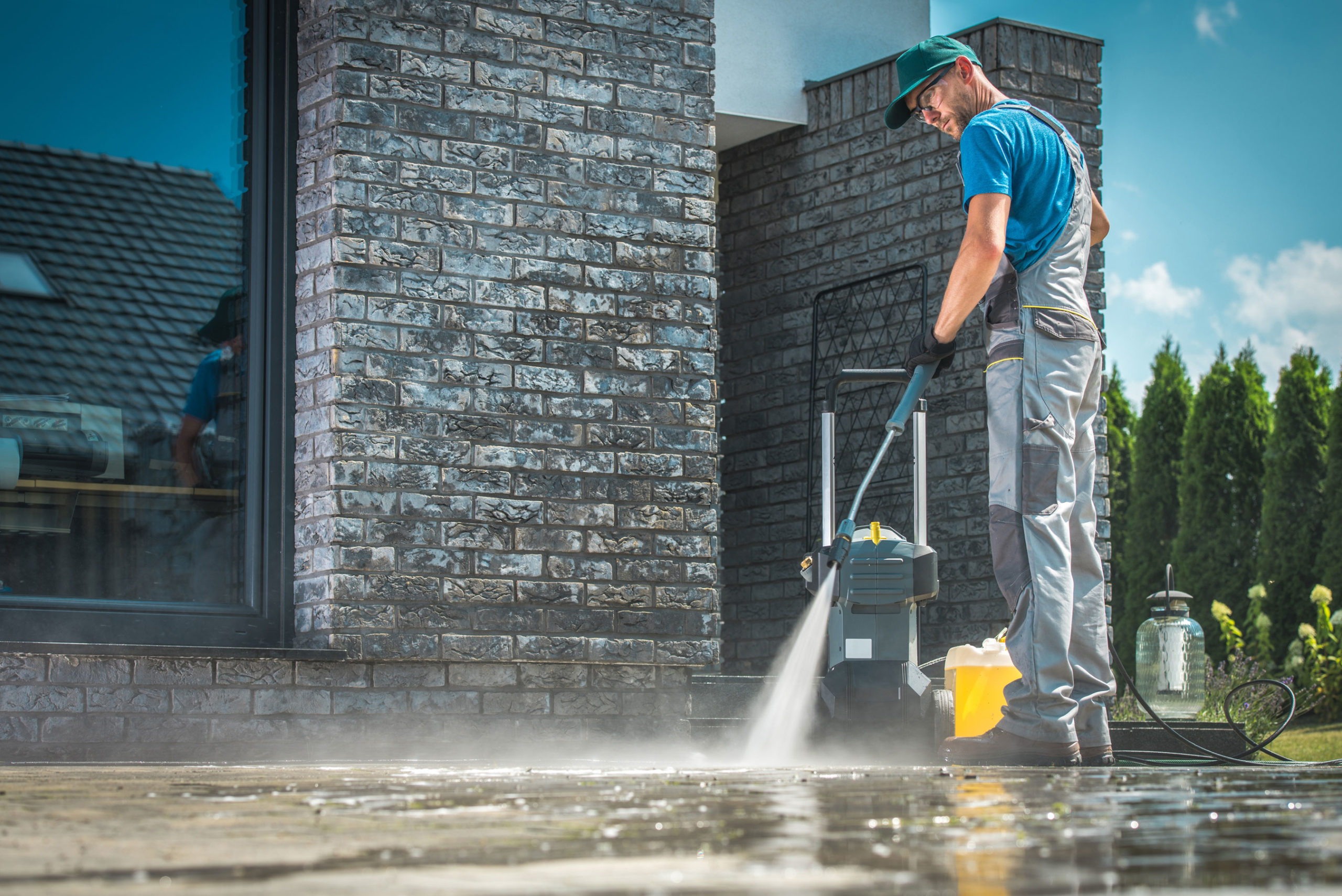Pressure Washing Safety: Safeguarding Yourself and Your Property
Pressure cleaning is a highly effective cleaning method that can restore the look of your place and improve its longevity. Nonetheless, while the benefits of pressure washing are considerable, it is important to carry out this task with consideration. Grasping the basics of pressure washing and focusing on safety can help you shield both yourself personally and your place from prospective injury.
In this resource, we will investigate what pressure washing involves, the advantages of enlisting professionals, and the differences between multiple washing approaches. Whether you intend to tackle the job independently or call upon the help of an experienced individual, knowing the essential safety protocols will ensure a successful and harm-free cleaning process. From addressing persistent mold and mildew to improving your home’s aesthetic appeal, we’ll highlight all the essential information about pressure washing in a safe manner.
Comprehending Power Washing
Power washing is a cleaning process that employs pressurized water spray to remove dirt, grime, mould, and other contaminants from surfaces. This technique is especially effective for removing dirt from various exterior surfaces of a home or business, including driveways, pavements, patios, and exterior walls. The tools used in pressure washing can differ in water pressure, allowing for different purposes depending on the target surface and the degree of soiling.
One of the key pros of high-pressure cleaning is its capability to revive the aesthetic of dirtied exteriors that have dulled over time due to the buildup of debris and organic growth. By utilizing high-pressure water, this technique can swiftly and effortlessly eliminate stubborn marks and restore the original beauty of materials. This is particularly beneficial favorable for residential owners looking to enhance their property’s curb appeal or for companies wanting to preserve a neat and welcoming front.
It is important to know the contrast between power washing and low-pressure cleaning methods, such as soft washing. While pressure washing applies high-pressure water sprays to clean exteriors, gentle washing employs gentler pressures combined with tailored soaps. https://valleywashpros.com/ causes gentle washing more suitable for sensitive areas, such as roofs or timber decks, which could be affected by the high-force water being employed in power washing. Recognizing these approaches helps in making informed decisions about the most effective cleaning method for various surfaces.
Deciding Between DIY and Professional Services
When considering pressure washing for your property, one of the first considerations you'll need to decide is whether to handle the job yourself or employ a expert service. A self-service approach can be appealing, especially for those who prefer hands-on tasks and aim to save costs. However, it requires meticulous planning, the correct equipment, and a solid understanding of pressure washing methods to avoid potential destruction to your home. Proper safety gear is also necessary to protect yourself from the intense water and cleaning chemicals involved in the task.
On the flip side, professional pressure washing services offer multiple advantages that may warrant the investment. Professionals come equipped with top-notch machines and specialized cleaning solutions tailored for specific surfaces, ensuring safe cleaning. Furthermore, they have the skills to tackle various challenges, such as removing stubborn stains or dealing with delicate materials that require a gentler approach. This can free up you effort and provide confidence knowing the job is done properly.
Ultimately, the decision between DIY and professional pressure washing should take into account several factors, including your experience level, the nature of the job, and the possible risks involved. While DIY can be a rewarding and cost-effective option for minor tasks, expert services may be more suitable for bigger projects. Determining your specific needs and capabilities will guide you reach the right decision for your home.
Safety Tips for Effective Pressure Washing
High-pressure cleaning can be an effective way to clean your property, but protection should always come first. Wearing proper personal protective equipment is essential. This includes eye protection to protect your eyes from hazards, hand protection to shield your hands from the pressure, and solid shoes to prevent slips. If you're using a ladder, ensure that it is secure and that someone is there to hold it for extra safety. It's also wise to wear long-sleeved shirts and pants to protect your body from both the forceful water and any cleaning agents.
Before you start pressure washing, make sure to examine the area thoroughly. Look for any damaged materials that could become dislodged during cleaning. Be wary around electrical outlets and fixtures, as water and electricity can be a hazardous combination. Additionally, if you're treating surfaces that could easily be damaged, such as wood or painted areas, adjust the settings accordingly. Always test a small, inconspicuous area first to ensure that the pressure is safe for the surface you are working on.
Finally, always be aware of your surroundings while pressure washing. Avoid working on blustery days, as this can cause debris to be carried back at you or diminish your cleaning effectiveness. Keep children and pets away from the site to prevent accidents. Following these precautions can enhance your pressure washing experience, ensuring that the job is done properly and without compromising your well-being or that of your property.
